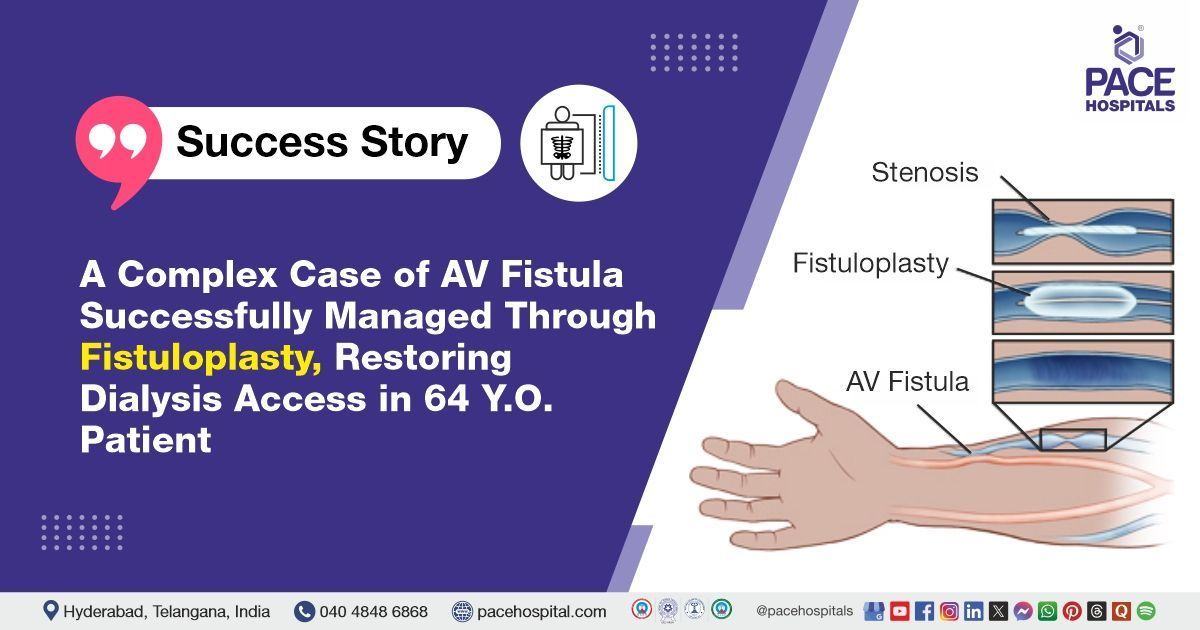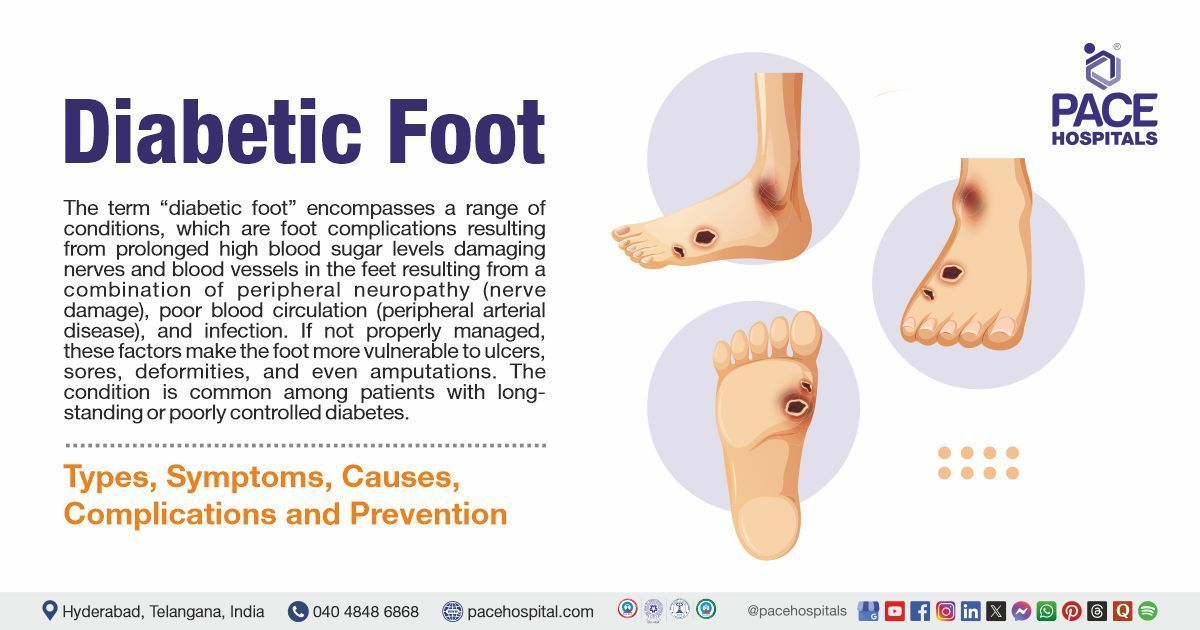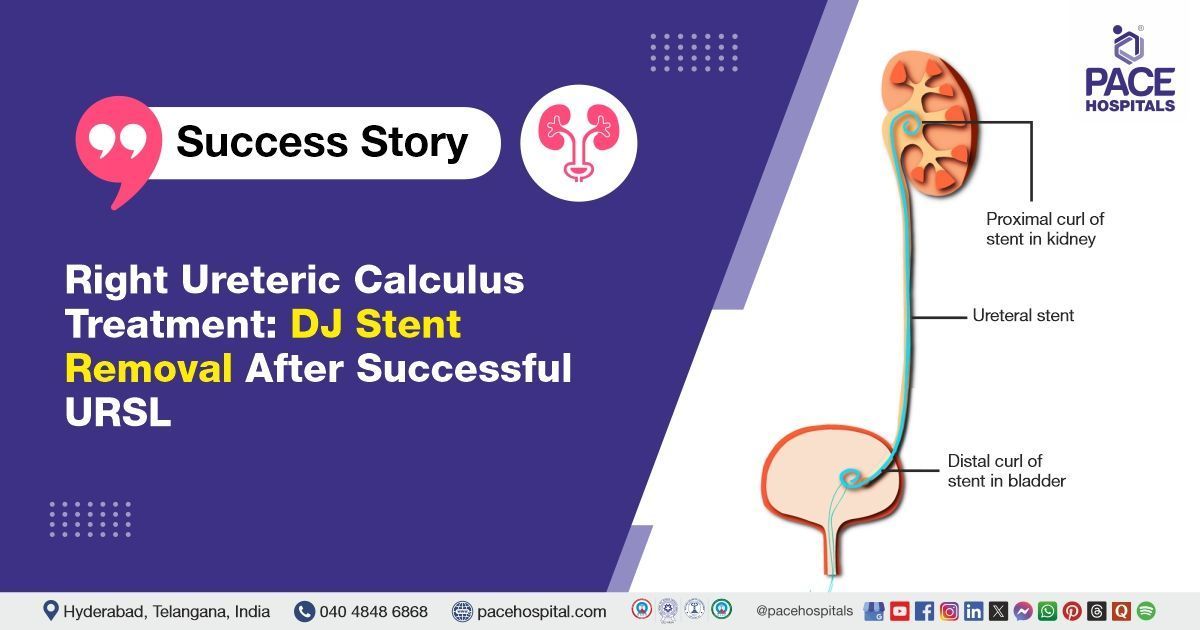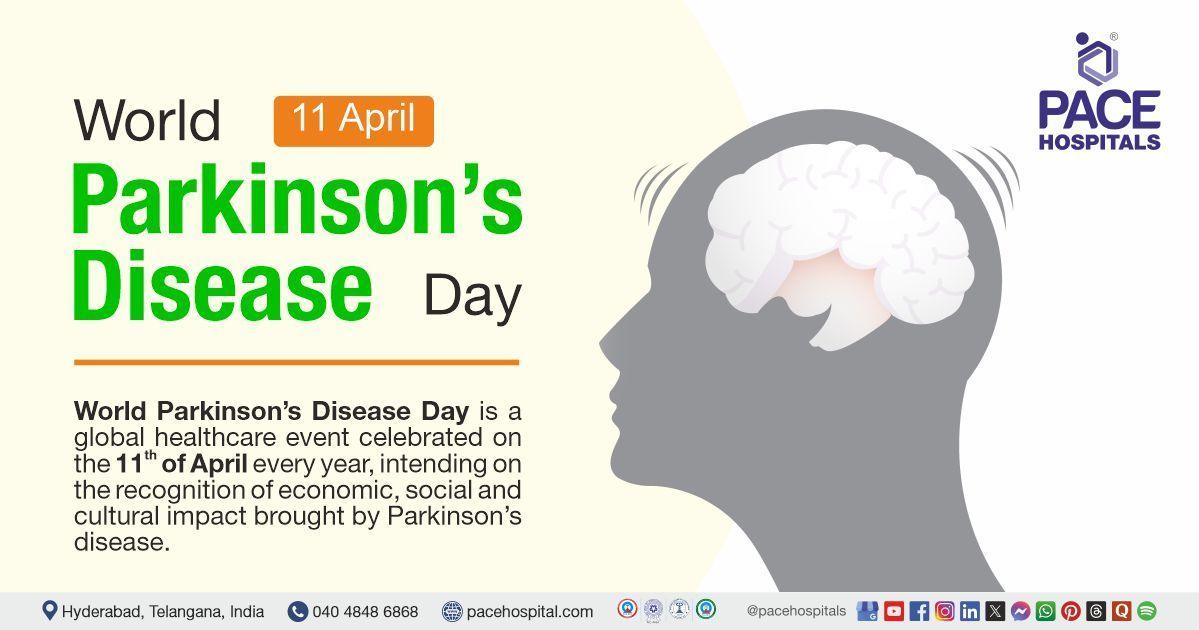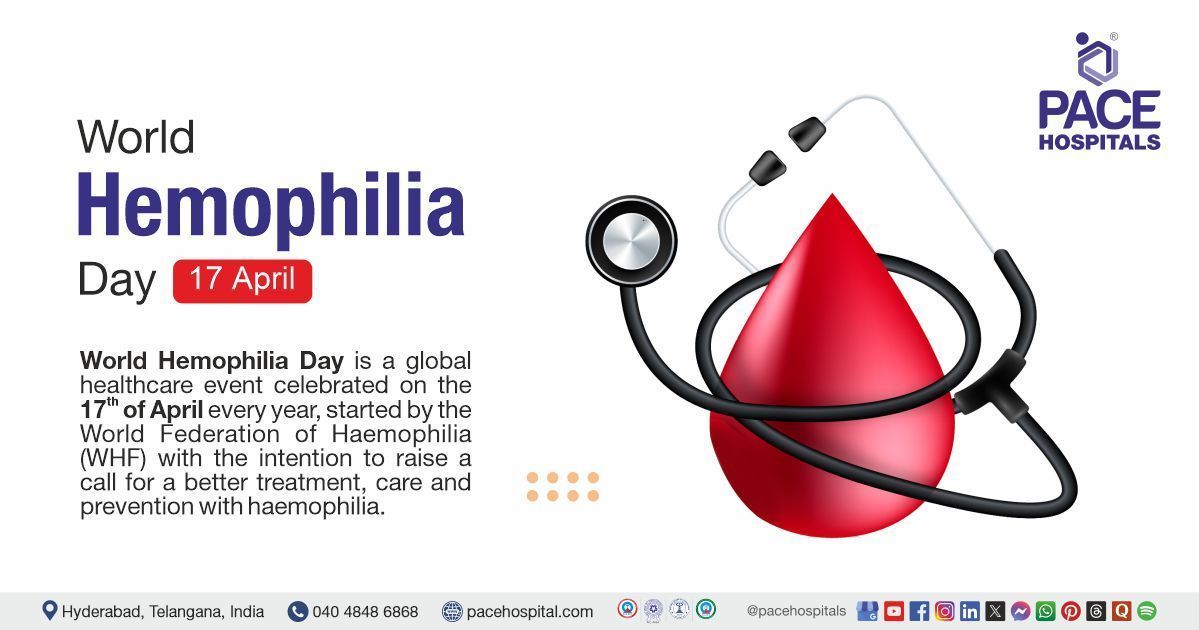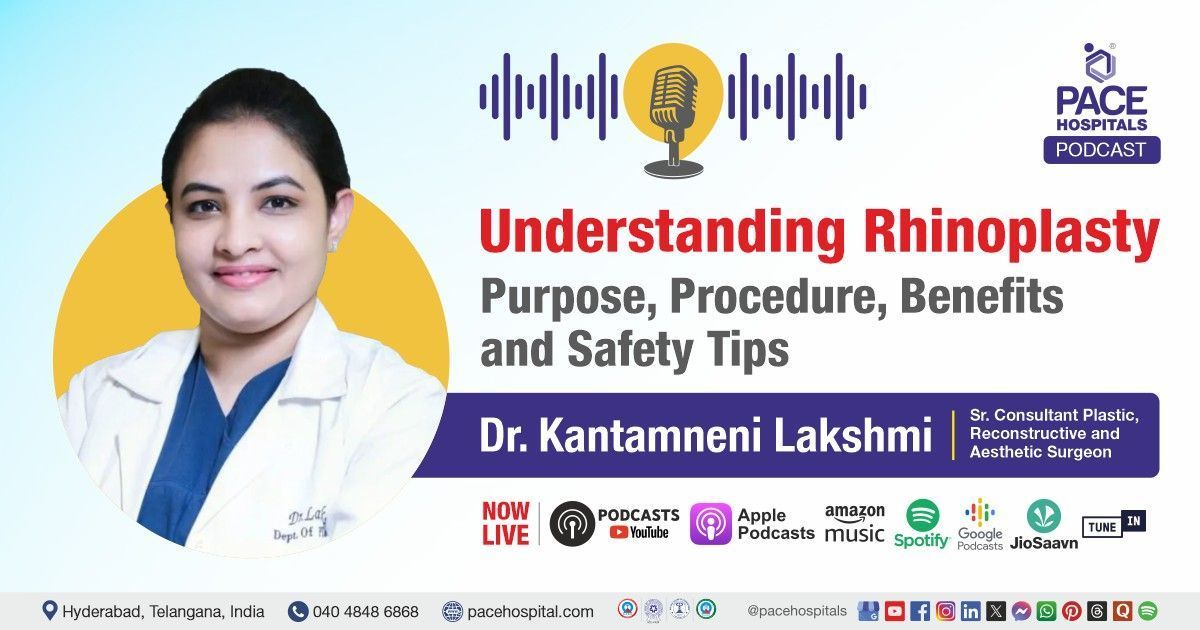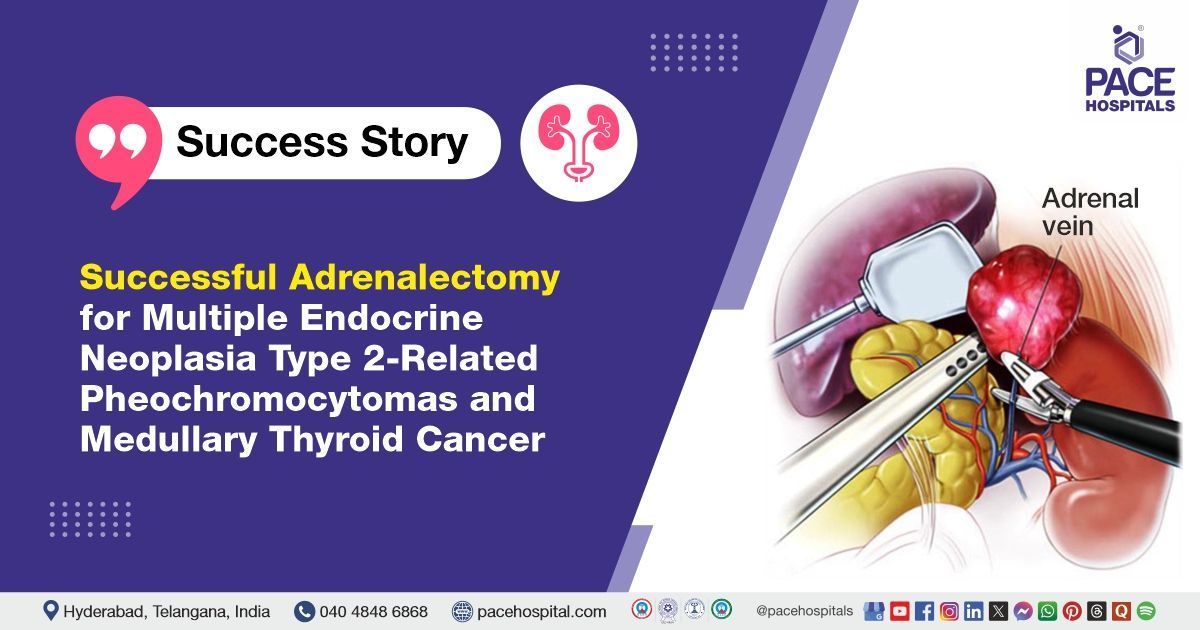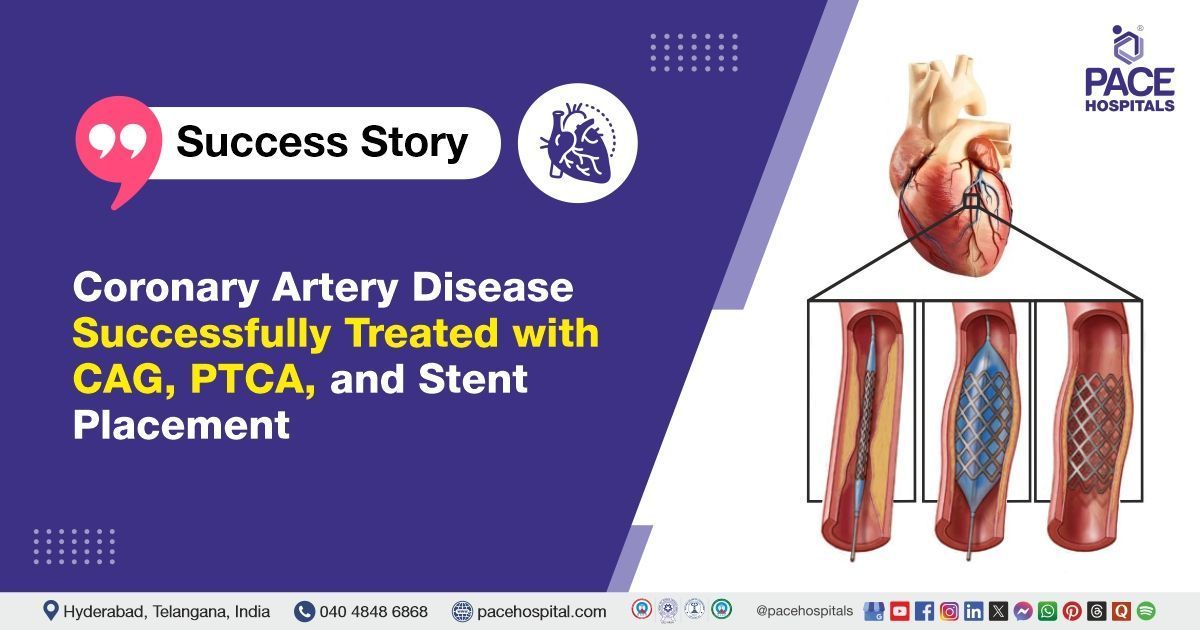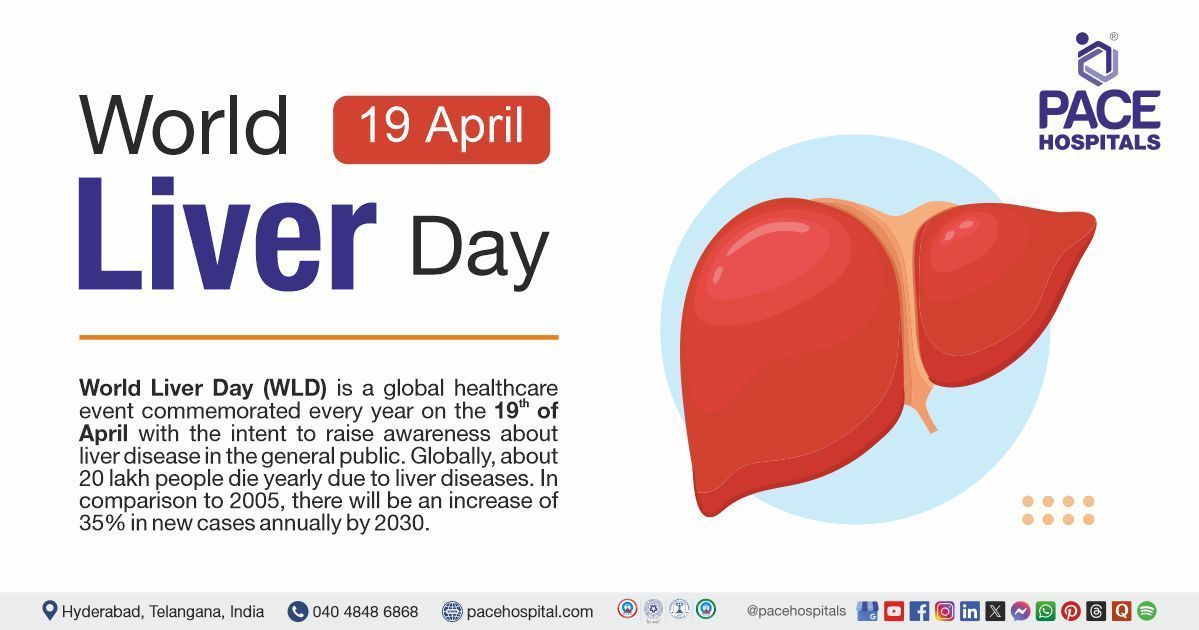Complex AV Fistula in 64 Y.O. Patient Successfully Treated with Fistuloplasty
The Interventional Radiology team along with nephrology team at PACE Hospitals successfully performed an AV fistulogram and fistuloplasty on a 64-year-old male patient who had been experiencing a gradual enlargement of the fistula vein in his left arm, thereby restoring proper blood flow and ensuring efficient dialysis access.
Chief Complaints
A 64-year-old male patient presented to the Interventional Radiology Department, at
PACE Hospitals, Hitech City, Hyderabad, with a complaint of a gradually enlarging dialysis fistula in his left arm, raising concerns about potential complications.
History of present illness
The patient presented with a gradual increase in the size of the fistula vein in the left arm, which had become visibly swollen over time. This abnormal enlargement raised concerns about underlying issues such as stenosis (narrowing) or malfunction of the dialysis access, requiring further evaluation and treatment.
He had a history of fistuloplasty at another hospital. However, despite the previous procedure, the patient returned with a swollen fistula, likely due to re-narrowing (restenosis) or dysfunction of the dialysis access over time.
Past History
The patient is a known case of chronic kidney disease (CKD) on maintenance haemodialysis, with associated comorbidities including hypertension, hypothyroidism, and bronchial asthma. He previously underwent a renal transplant, which was later complicated by graft failure following an episode of right leg cellulitis.
An initial attempt to create an arteriovenous (AV) fistula in the left forearm was unsuccessful, after which he underwent a left basilic vein transposition (BVT) with brachio-basilic AV fistula (BB AVF). This access served for dialysis prior to the transplant and has continued to be used for maintenance haemodialysis since the graft failure. Over time, the fistula developed multiple complications including aneurysm formation, thrombosis, and narrowing, which required several interventions such as aneurysm resection, thrombectomy, angioplasty, and aneurysmorrhaphy.
These procedures were performed at various healthcare centers outside of PACE Hospitals. Despite multiple corrective interventions, including a recent fistuloplasty, the patient continued to experience issues with a swollen and dysfunctional fistula, leading him to seek further evaluation and management at PACE Hospitals after several failed attempts elsewhere.
Diagnosis
The patient was diagnosed with aneurysmal dilatation of the arteriovenous (AV) fistula in the left arm. This fistula had been surgically created through basilic vein transposition (BVT), a procedure in which a deep vein is repositioned closer to the skin to facilitate dialysis. The dilatation likely developed as a result of prolonged use of the access site for haemodialysis.
Medical Decision-Making (MDM)
After consulting with Dr. Lakshmi Kumar CH, the consultant interventional radiologist, and collaborating with other specialists, including Dr. A Kishore Kumar, the consultant nephrologist and renal transplant physician a comprehensive evaluation was performed to determine the best course of treatment for the patient.
Based on their collective expertise, it was decided that an arteriovenous AV fistulogram and fistuloplasty would be the most suitable intervention. This decision was made considering the patient’s aneurysmal dilatation of the left brachio-basilic AV fistula, chronic kidney disease (CKD) on maintenance haemodialysis, and his complex medical history, which includes hypertension, hypothyroidism, bronchial asthma, and recurrent CKD following a previous renal transplant.
Surgical Procedure
All necessary investigations were completed, and a consultation with the radiologist was obtained. The patient then underwent an arteriovenous (AV) fistulogram in Hyderabad at PACE Hospitals, which was carried out under aseptic precautions with informed consent, using ultrasound and fluoroscopy guidance. The fistulogram provided detailed imaging of the AV fistula, revealing a narrowing (stenosis) in the "swing segment" of the vein, which was causing sluggish blood flow and making it harder for the blood to flow properly through the fistula.
After identifying the stenosis and sluggish flow, the doctors performed fistuloplasty in Hyderabad, India. Using a balloon, they gradually widened the narrowed segment, which helped restore proper blood flow and improved the function of the fistula for effective haemodialysis. These interventional procedures are essential for evaluating and addressing complications in dialysis access.
Postoperative Care
The postoperative period was uneventful. During the hospital stay, the patient was prescribed several medications, including anticonvulsants, phosphate binders, glucocorticoids, corticosteroids, anticoagulants, antispasmodics, laxatives, and erythropoiesis-stimulating agents (ESAs).
Discharge Notes
The patient was discharged in a hemodynamically stable condition.
Discharge Medications
Upon discharge, the patient was prescribed a combination of medications, including an analgesic to be taken "as needed" for pain relief. Additionally, the patient was instructed to continue all other medications as prescribed by the other physicians.
Emergency Care
The patient was advised to promptly visit the Emergency Department at PACE Hospitals in case of any emergency, including the development of bleeding, an acute increase in the size of the fistula vein, altered level of consciousness, new onset of pain, or any other significant complaints.
Review and Follow-up Notes
The patient was advised to schedule a follow-up appointment with Dr. Lakshmi Kumar in the OPD after 14 days.
Ultrasound Evaluation of Arteriovenous Fistula Complications in Dialysis Patients
AVF (Arteriovenous Fistula) failures often happen because the blood vessels used during surgery are not suitable. Ultrasound (USG) guidance during AVF creation leads to improved outcomes by reducing the risk of immediate failure, minimizing early blood clot formation (thrombosis), and enhancing the long-term functionality of the fistula.
Performing an ultrasound scan before surgery (preoperative vascular mapping) helps doctors clearly see and choose the best blood vessels for fistula creation—especially in patients who are difficult to assess, such as those who are obese, have weak or absent pulses, or have had multiple surgeries before. In such cases, physical examination may not give enough information, but Doppler ultrasound (DUSG) can provide a clear and accurate diagnosis, especially when symptoms of complications are similar or overlapping.
Request an appointment
Fill in the appointment form or call us instantly to book a confirmed appointment with our super specialist at 04048486868
Appointment request - health articles
Thank you for contacting us. We will get back to you as soon as possible. Kindly save these contact details in your contacts to receive calls and messages:-
Appointment Desk: 04048486868
Whatsapp: 8977889778
Regards,
Pace Hospitals
Hitech City and Madinaguda
Hyderabad, Telangana, India.
Oops, there was an error sending your message. Please try again later. We will get back to you as soon as possible. Kindly save these contact details in your contacts to receive calls and messages:-
Appointment Desk: 04048486868
Whatsapp: 8977889778
Regards,
Pace Hospitals
Hitech City and Madinaguda
Hyderabad, Telangana, India.
Our Locations – Find the Best Hospital Near You
Metro Pillar Number C1772, Beside Avasa Hotel, Hitech City Road, Near HITEC City Metro Station, Hyderabad, Telangana, India.
Mythri Nagar, Beside South India Shopping Mall, Hafeezpet, Madeenaguda, Hyderabad, Telangana, India.
040 4848 6868
Payment in advance for treatment at PACE Hospitals, Hyderabad, Telangana, India (Pay in INR ₹)
For Bank Transfer:-
- Bank Name: HDFC
Company Name: Pace Hospitals
A/c No.50200028705218
IFSC Code: HDFC0000545 - Bank Name: STATE BANK OF INDIA
Company Name: Pace Hospitals
A/c No.62206858997
IFSC Code: SBIN0020299
Scan QR Code by Any Payment App (GPay, Paytm, Phonepe, BHIM, Bank Apps, Amazon, Airtel, Truecaller, Idea, Whatsapp etc).

CONTACT US
Call: +914048486868
WhatsApp: +918977889778
Email: info@pacehospitals.in
FOLLOW US
SUBSCRIBE
Subscribe to our newsletter and stay updated with the latest health information.
Subscribe to PACE Hospitals' Public Newsletter
Thank you for subscribing to PACE Hospitals' Newsletter. Stay updated with the latest health information.
Oops, there was an error. Please try again submitting your details.
ABOUT US
QUICK LINKS
Disclaimer
General information on healthcare issues is made available by PACE Hospitals through this website (www.pacehospital.com), as well as its other websites and branded social media pages. The text, videos, illustrations, photographs, quoted information, and other materials found on these websites (here by collectively referred to as "Content") are offered for informational purposes only and is neither exhaustive nor complete. Prior to forming a decision in regard to your health, consult your doctor or any another healthcare professional. PACE Hospitals does not have an obligation to update or modify the "Content" or to explain or resolve any inconsistencies therein.
The "Content" from the website of PACE Hospitals or from its branded social media pages might include any adult explicit "Content" which is deemed exclusively medical or health-related and not otherwise. Publishing material or making references to specific sources, such as to any particular therapies, goods, drugs, practises, doctors, nurses, other healthcare professionals, diagnoses or procedures is done purely for informational purposes and does not reflect any endorsement by PACE Hospitals – your trusted hospital near me.

